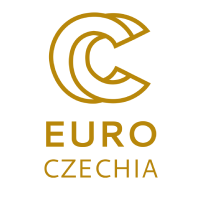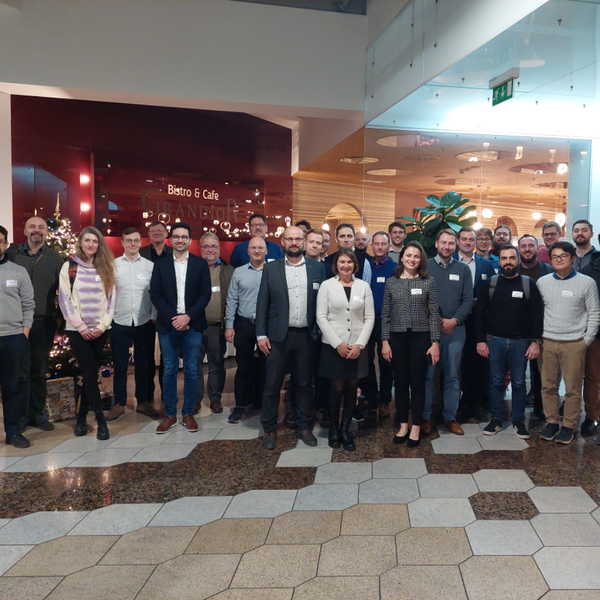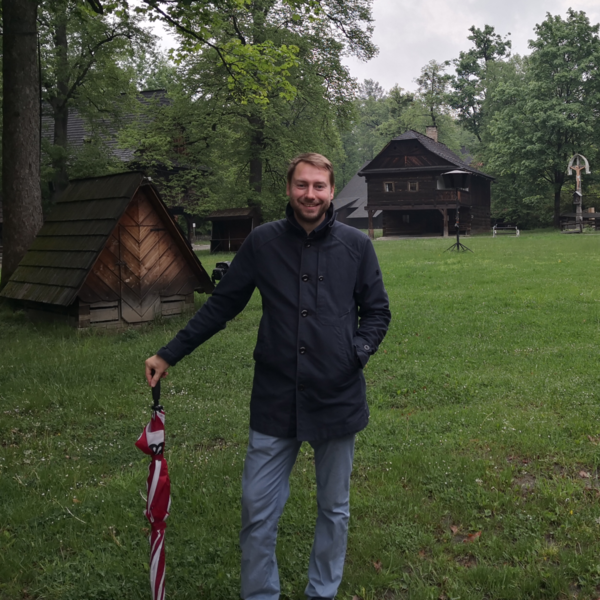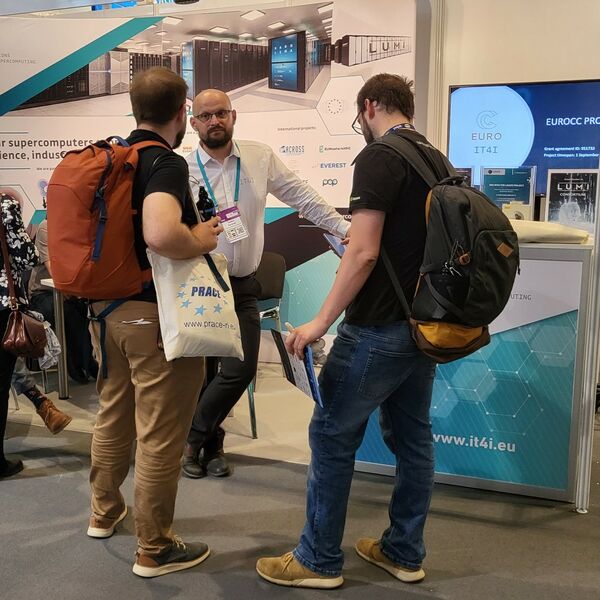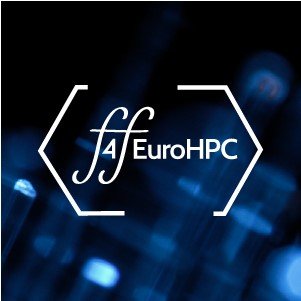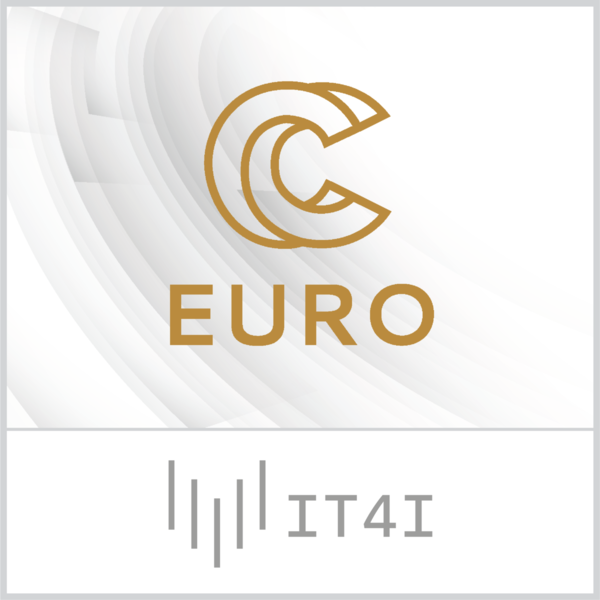At the beginning of December, we organised the AI and simulation-based engineering workshop, which took place at the Grandior Hotel in Prague. Our invitation accepted experts from leading European research institutions who presented talks about artificial intelligence and simulations in engineering.
The importance of Artificial Intelligence (AI) in scientific and industrial sectors has grown significantly over the last decade – modern progress in AI research is already visible in all kinds of engineering and medical applications. One important field of research is the integration of AI technologies into computational fluid dynamics (CFD) methods; AI can be used to analyze large amounts of CFD data, accelerate simulations, and replace conventional CFD models. However, due to the immense size of CFD data required for training sufficiently accurate AI models, the use of high-performance computing (HPC) systems has become a necessity.
In the European project EuroCC, National Competence Centres (NCCs) that provide access to HPC and AI knowledge as well as to resources have been established or identified in over 30 European countries. They act as a gateway for academia and industry to problem-related experts and projects. The European Centre of Excellence in Exascale Computing “Research on AI- and Simulation-Based Engineering at Exascale” (CoE RAISE) brings AI and next-generation HPC architectures together by optimizing and developing methods for representative large-scale applications.
Experts of CoE RAISE and the NCCs of the Czech Republic, Iceland, and Germany presented their progress in AI-related research at the “AI- and simulation-based engineering workshop”, which took place in the Grandior Hotel in Prague on the first of December 2022. After an introduction to the projects, overarching and cross-sectional AI- and HPC technologies were presented. This included talks on recent instances of optimization of machine learning methods and the usage of new disruptive technologies such as quantum-based computers. The session was followed by a parallel session on compute- and data-driven cases spanning many fields of application from aerospace, combustion, and energy harvesting to fundamental physics, additive manufacturing, and remote sensing and seismic imaging, to name just a few. The workshop closed with a second parallel session presenting important activities of the NCCs related to novel AI software and hardware technologies that are offered to industry and academia.
Researchers from various supercomputing centers, universities, and companies showed great interest in this workshop, and the high quality of the presentations led to lively discussions and opened collaboration opportunities. These discussions continued during the social event after the workshop, where the attendees exchanged their experiences and discussed their current AI-related challenges with the experts of CoE RAISE and the NCCs. This fruitful workshop demonstrated the importance of knowledge exchange between scientific and industrial sectors. The importance of Artificial Intelligence (AI) in scientific and industrial sectors has grown significantly over the last decade – modern progress in AI research is already visible in all kinds of engineering and medical applications. One important field of research is the integration of AI technologies into computational fluid dynamics (CFD) methods; AI can be used to analyze large amounts of CFD data, accelerate simulations, and replace conventional CFD models. However, due to the immense size of CFD data required for training sufficiently accurate AI models, the use of high-performance computing (HPC) systems has become a necessity.
In the European project EuroCC, National Competence Centres (NCCs) that provide access to HPC and AI knowledge as well as to resources have been established or identified in over 30 European countries. They act as a gateway for academia and industry to problem-related experts and projects. The European Centre of Excellence in Exascale Computing “Research on AI- and Simulation-Based Engineering at Exascale” (CoE RAISE) brings AI and next-generation HPC architectures together by optimizing and developing methods for representative large-scale applications.
Experts of CoE RAISE and the NCCs of the Czech Republic, Iceland, and Germany presented their progress in AI-related research at the “AI- and simulation-based engineering workshop”, which took place in the Grandior Hotel in Prague on the first of December 2022. After an introduction to the projects, overarching and cross-sectional AI- and HPC technologies were presented. This included talks on recent instances of optimization of machine learning methods and the usage of new disruptive technologies such as quantum-based computers. The session was followed by a parallel session on compute- and data-driven cases spanning many fields of application from aerospace, combustion, and energy harvesting to fundamental physics, additive manufacturing, and remote sensing and seismic imaging, to name just a few. The workshop closed with a second parallel session presenting important activities of the NCCs related to novel AI software and hardware technologies that are offered to industry and academia.
Researchers from various supercomputing centers, universities, and companies showed great interest in this workshop, and the high quality of the presentations led to lively discussions and opened collaboration opportunities. These discussions continued during the social event after the workshop, where the attendees exchanged their experiences and discussed their current AI-related challenges with the experts of CoE RAISE and the NCCs. This fruitful workshop demonstrated the importance of knowledge exchange between scientific and industrial sectors.

